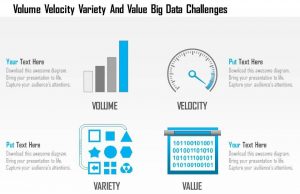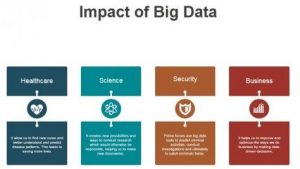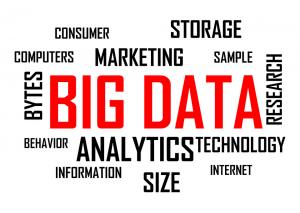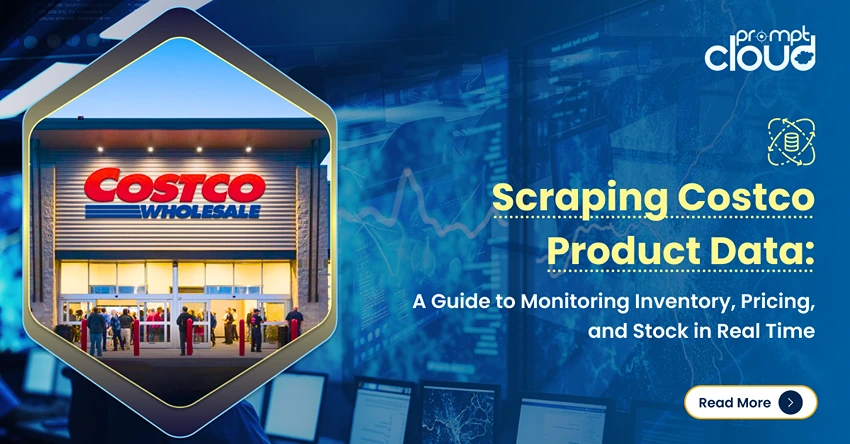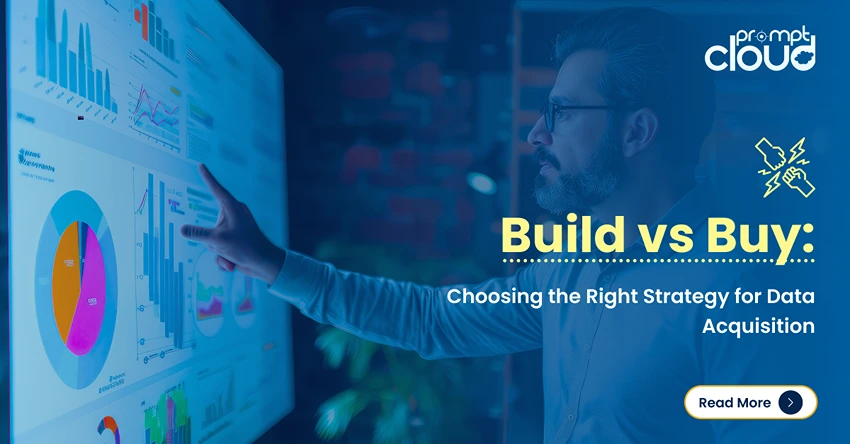INTRODUCTION:
Big Data Analytics & Web Crawling, a process of finding web pages and extracting information from them, is often referred to as a Robot. This is a program that downloads web pages associated with the given URLs, extracts the hyperlinks contained in them and downloads the web pages continuously that are found by these hyperlinks. In a given period, a substantial fraction of the “surface web” is crawled. The web crawlers should be able to download thousands of pages per second, which in turn is distributed among hundreds of computers.
A web crawler uses a small portion of the bandwidth of a website server, i.e. it extracts one page at a time. To implement it, the request queue should be split into a single queue per webserver – a server queue is open only if it has not been accessed within the specified politeness window.
Web crawlers play an important role in web search engines. In a web search engine, they collect the indexed pages.
Many organizations are in the process of increasing digital engagement with their customers. They hope to deepen the understanding of their customers by improving the connection they have with them, thereby improving service, increasing retention and strengthening relationships. Furthermore, the opportunities with the greatest value arise when organizations can combine from their existing corporate systems associated with digital engagement.
Organizations can take advantage of and apply more advanced analytics by adopting big technologies and techniques. However, it is the ability to apply insight to act and improve business processes that build business value.
WHAT IS BIG DATA?
Big data represents the newest and most comprehensive version of organizations’ long-term aspiration to establish and improve their decision-making. It is what known as the “three Vs”—large data volumes, from a variety of sources, at high velocity (i.e., real-time analytics capture, storage, and analysis). Besides structured data (such as customer or financial records), which are in organizations’ data warehouses, big data builds on unstructured data from sources such as social media, text and video messages, and technical sensors (such as global positioning system, or GPS, devices). Often originating from outside the organization itself. The size and complexity of data produced far exceed the typical capacities of traditional databases and data warehouses. To store, processing, analyze, and derive insights. Usage statistics emanating from social media sites illustrate the sheer volume of unstructured data.
For example, in 2012 Facebook reported that it was processing around 2.5 billion new pieces of content daily. Big data has the potential to infuse executive decisions with an unprecedented level of data-driven insights. However, research indicates that many organizations are struggling to cope with the challenges of the results. For example, in 2012 the Aberdeen Group found that the proportion of executives who reported that their companies. They were unable to use unstructured results. And who complained that the volume was growing too rapidly to manage. They had increased by up to 25 percent during the previous year.
THE BUSINESS IMPACT OF BIG DATA:
Many organizations are still in the early stages of reaping the benefits of big data. In a recent interview with executives in 330 publicly traded companies in the United States. They examined relevant performance. This enables them to measure the extent to which corporate attitudes toward big data correlated. Conclusions were remarkable for establishing a connection between big data and performance. “The more companies characterized themselves as data-driven. The better they performed on objective measures of financial and operational results”. The advantage gained by companies over their rivals was also marked.
“In particular, companies in the top third of their industry in the use of data-driven decision-making were. On average, 5 percent more productive and 6 percent more profitable than their competitors.
CONCLUSION:
Within the next five years, big data will become the norm. Enabling a new horizon of personalization for both products and services. Wise leaders will soon embrace the game-changing opportunities that afford their societies and organizations. They will provide the necessary sponsorship to realize this potential. Skeptics and laggards, meanwhile, look set to pay a heavy price.
We at PromptCloud, offer ready to use datasets & help in the crawling and customization of custom crawlers which extract, and share in a suitable format according to the needs of the customer.





